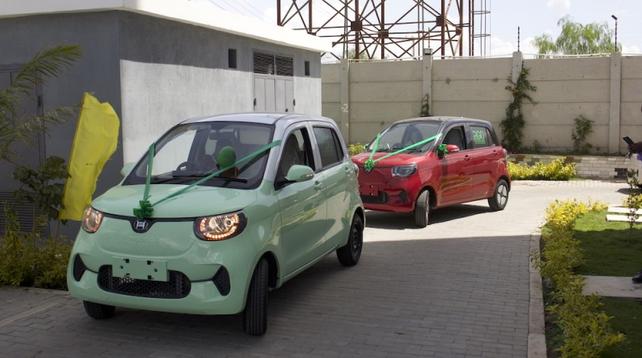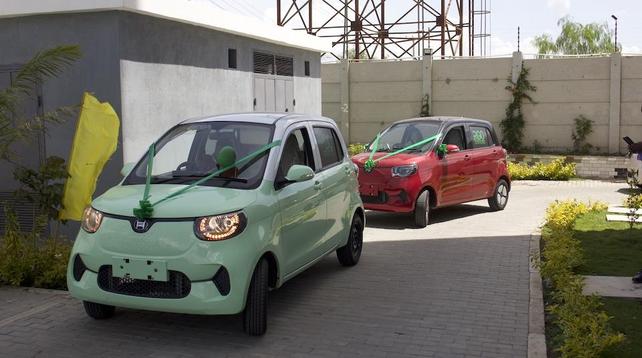A "too good to be true" EV leasing model for Kenyan taxi drivers? Drivers bear all the risk. Tech solutions should empower, not extract.
via xitter @ChinaGSProject
#Africa #Kenya #Nairobi #ElectricVehicles #EV #EVs #informaltransport #populartransport #publictransit #publictransport #SharedMobility #SustainableMobility #sustainabletransport #TransportationColonialism #TransportationJustice #TrufiAssociation

Small Chinese EV on Lease Promises Big Savings For Kenya’s Taxi Drivers
In a suburb about 50 kilometers outside of Nairobi along the busy Mombasa Road, the hum of engines and the occasional smell of exhaust fumes fleet through the air. A tiny Chinese EV car, the Henrey, weaves its way through the heavy traffic to drop a customer at a building ...
